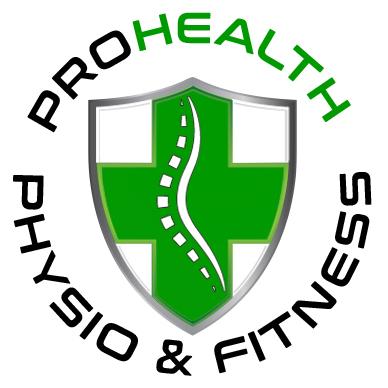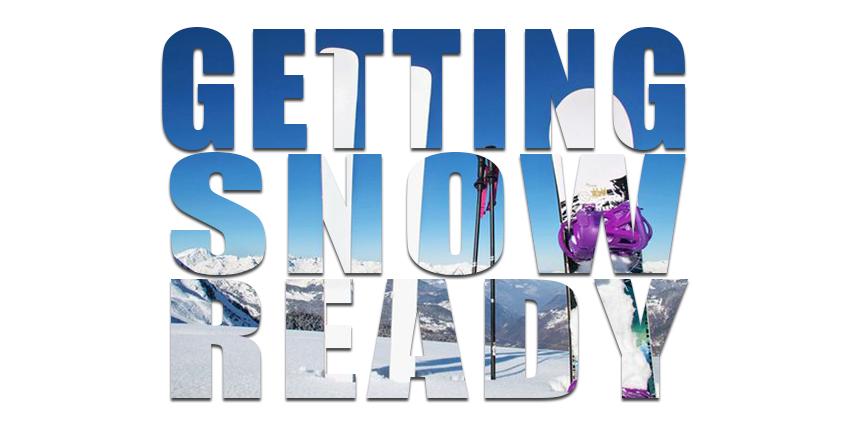With winter hitting Sydney and the ski fields, Australians are booking trips to snowy mountains. Getting snow ready helps skiers and snowboarders avoid accidents.
Getting Snow Ready
Skiing and snowboarding are demanding, so conditioning your body helps prevent holiday injuries. Prepare your body before your trip with strength, endurance, flexibility and balance exercises. On holiday, warm up daily with 10–15 minutes of star jumps, squats, and stretches. Cool down after skiing to prevent stiffness and pain the next day
Most skiing injuries reported on the slopes result from falls. You can’t prepare for every fall, but proper gear and professionally fitted equipment help prevent serious injury. Also, ensure that the equipment is in good condition. You can also hire guards for the wrist, knees and buttocks from most ski resorts.
At any level, lessons enhance skills and teach safer falls, reducing fracture risks.
Always ski responsibly. Trying to quickly squeeze in one last run of the day before the light fades or the bus leaves increases your risk of having an accident. With fatigue setting in from the day of skiing combined with a degree of recklessness in order to beat the clock, results in skiers and snowboarders skiing beyond their limits and control. Instead, it is advisable to end your session and spend some time cooling down and stretching in preparation for the following day.
It is also wise to refrain from skiing on runs that are beyond your skill level, always make sure that someone knows where you are skiing and for how long, and be aware of the other skiers around you at all times. The key to having a great skiing holiday is to stay safe.
If you are planning a snow holiday and you are unsure if your body is physically prepared for the slopes, come in and see one of our experienced Physiotherapists for an assessment and rehabilitation plan individually designed for you.
For further information, please refer to:
Source: Western Journal of Medicine
Title: Advice from a Snowboarding Instructor
Read Time: 5 Minutes

